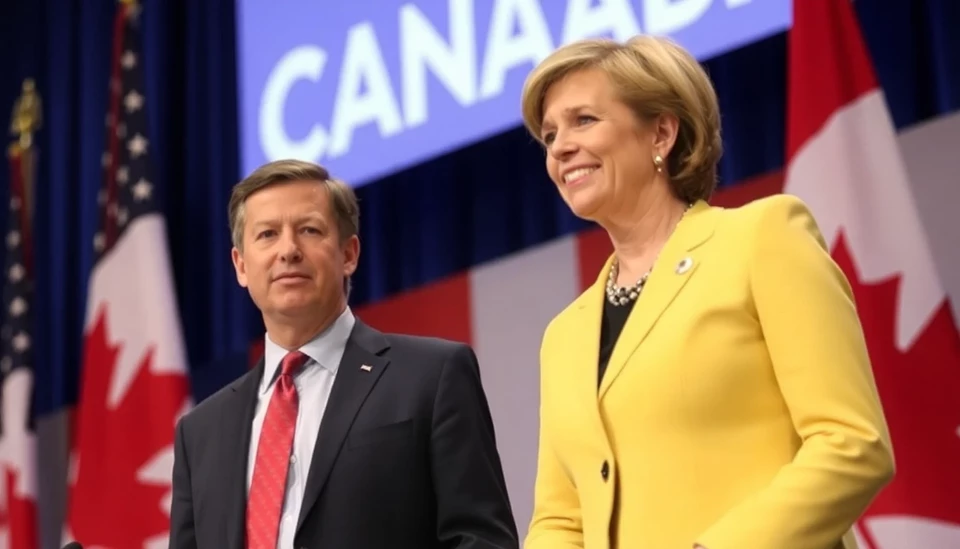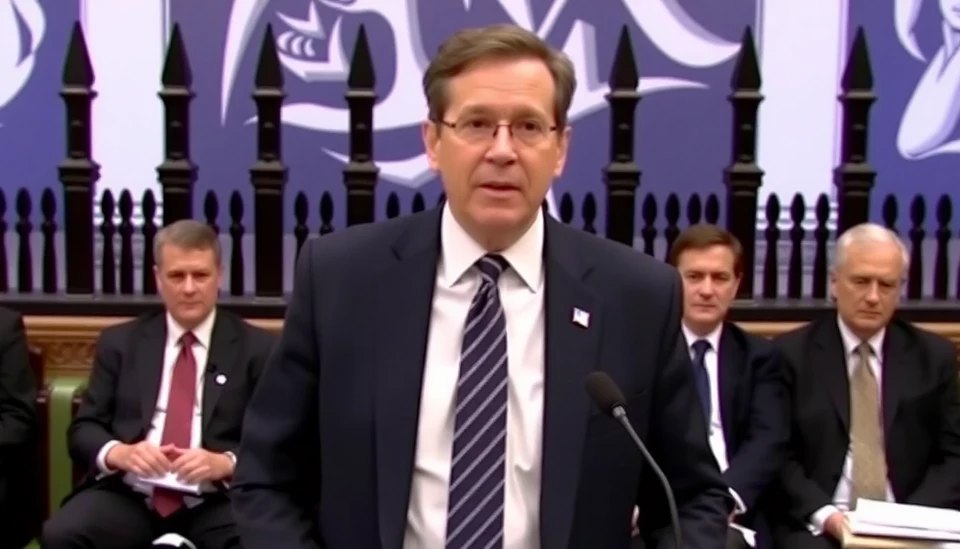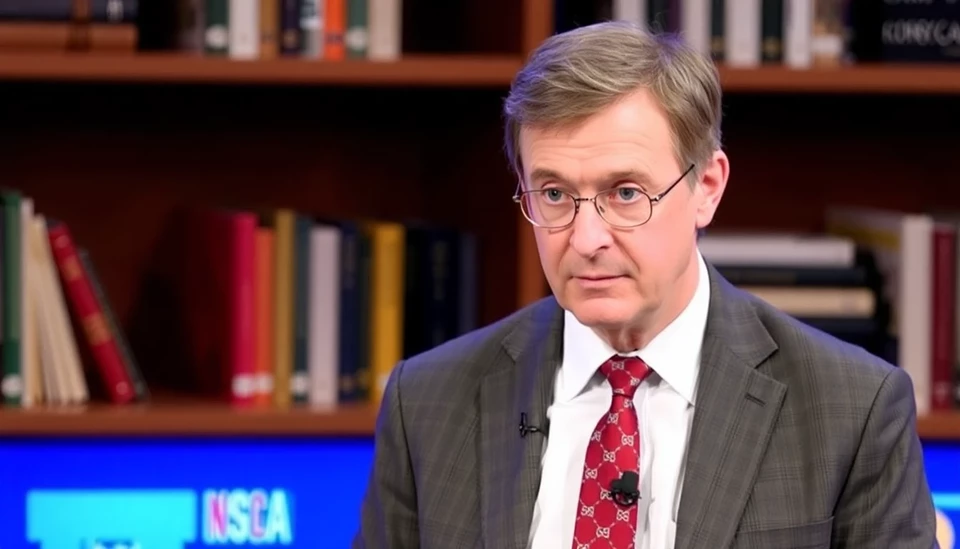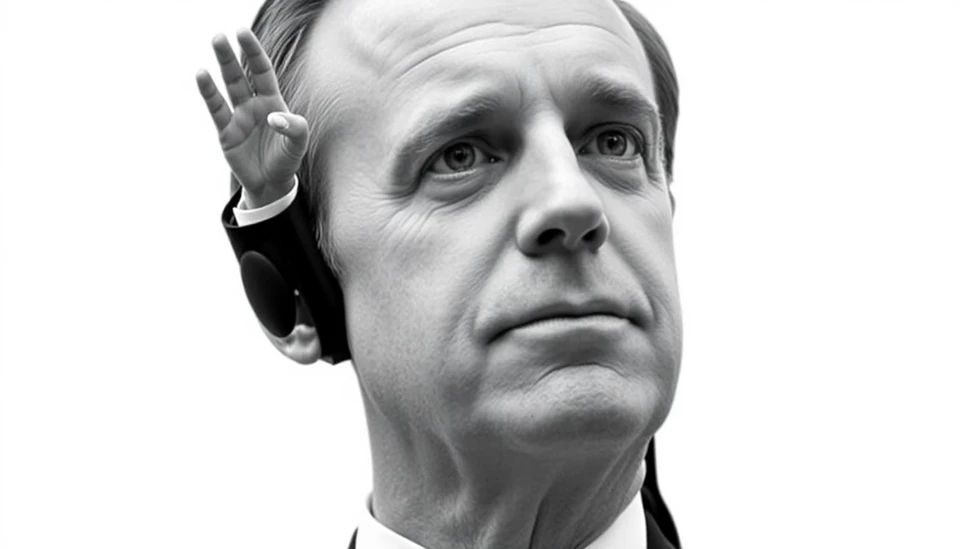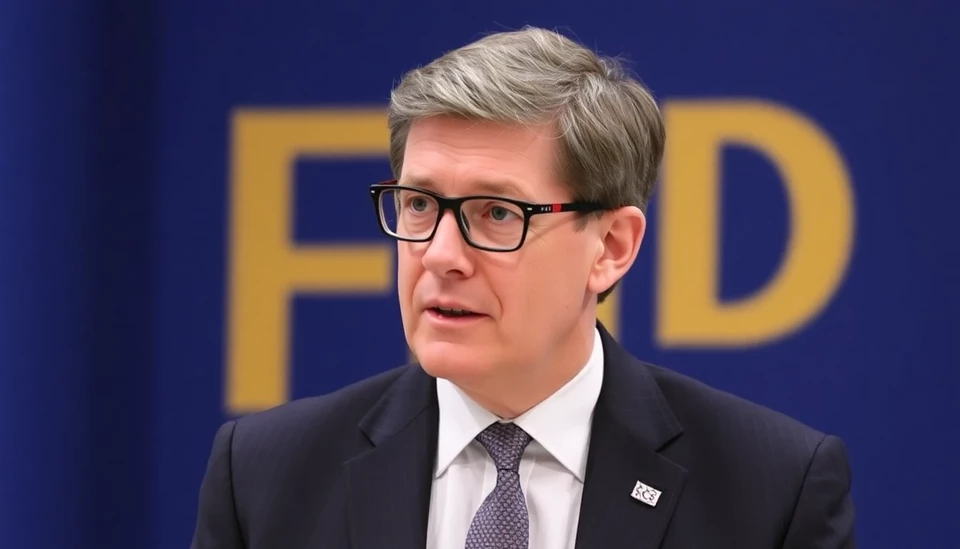
Recent disclosures from the Bank of England have unveiled insights into the monetary policy discussions led by former Governor Mark Carney in the aftermath of Brexit. The documents suggest that Carney and his team were heavily inclined towards maintaining near-zero interest rates to stimulate the economy amidst the uncertainty surrounding the departure from the European Union.
With fears escalating over potential economic fallout following Brexit, Carney's strategy sought to provide a cushion for businesses and consumers alike. The transcripts reveal that there was a palpable sense of urgency within the Bank to adopt aggressive monetary easing as a means to bolster economic activity and mitigate any adverse effects resulting from the vote to leave the EU.
Carney's advocacy for low-rate policies was not merely a reaction to external pressures but was rooted in comprehensive economic analyses that highlighted the fragility of the UK economy. The former governor articulated concerns that a swift withdrawal from the EU could lead to diminished investor confidence and a slowdown in growth, necessitating pre-emptive measures from the central bank.
The records show that during high-level meetings, Carney pressed for reduced rates along with other measures aimed at providing liquidity to the struggling financial system. His emphasis on a quick response underscores the Bank's commitment to fostering an environment conducive to recovery and growth, particularly as businesses grappled with uncertainties related to trade and regulations post-Brexit.
In addition to interest rates, discussions regarding quantitative easing also featured prominently in the transcripts. Carney and his colleagues contemplated various strategies to inject more money into the economy, with the aim of ensuring that lending remained vibrant and consumer spending did not stagnate amid the tumultuous economic landscape.
These revelations provide a critical window into the decision-making processes within the Bank of England during a transformative period in UK economic history. They shed light on the proactive measures taken by Carney to navigate through a crisis that had far-reaching implications for the country’s financial stability.
As the UK continues to adapt to its post-Brexit reality, the discussions and decisions from this pivotal time may serve as valuable lessons for current and future policymakers. The insights from Carney's tenure underscore the importance of timely and decisive actions in the face of economic uncertainty and the complex interplay between fiscal policy and macroeconomic outcomes.
In conclusion, the transcripts of Carney's discussions after the Brexit referendum reveal not only the challenges faced by the Bank of England but also the strategic foresight necessary to mitigate potential crises. The focus on near-zero interest rates illustrates a broader commitment to ensuring economic resilience in turbulent times.
#Carney #BankofEngland #Brexit #InterestRates #Economy #MonetaryPolicy #EconomicRecovery
Author: Rachel Greene
